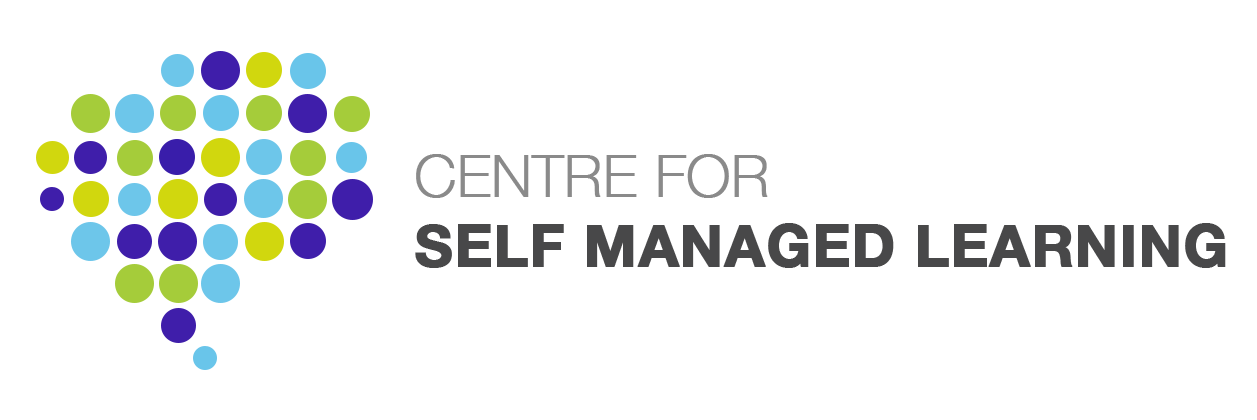11 Jun Leadership Development at Scott Bader
Ian Cunningham, Ben Bennett and Anne Gimson from Strategic Developments International recently began a two-year cascading SML leadership development programme at Scott Bader, a manufacturing company in the polymer industry. Scott Bader is a unique organisation. It was founded by Ernst Bader in 1920 and, in 1951, he and the other shareholders made a radical decision based on strong social beliefs: the company was gifted to its employees present and future. Through membership of the Scott Bader Commonwealth that owns the company, employees are entitled to participate in decision-making by exercising the voting rights of the shares, and through their involvement in democratic governance structures. The constitution and charter of the organisation, written by its founders, are represented by a set of principles and commitments to encourage and guide people in a spirit of co-operation and help eliminate social injustice and waste – to make the world a better place in which to live. As shown below, there is a strong match between these principles and the SML approach.
• Spirit of co-operation – the use of learning groups ensures that leaders and managers are encouraged to co-operate with others in their development, rather than learning becoming a purely individualistic activity.
• Responsibility – learning contracts ensure personal responsibility for learning – and the sharing of these with others adds the social component.
• Care – the learning group and the learning community encourage people to care about each other.
• Equality of opportunity – people all get the chance to pursue their learning needs.
• Meet full potential of individuals – SML is based on this principle – and in order for people to meet their full potential they need to guide their own development – authoritarian coercion does not work.
• Sustainable – learning has to be ongoing – quick fix approaches are not appropriate.
• Self-governance – this applies to learning also – people need to take charge of their own learning – individually and collectively.
• Work in the best interests of the organisation – learning contracts ensure integration of individual learning with organisational goals.
A group of senior managers started the programme in May with a three-day residential event in which three learning groups were formed and began their work. Participants’ development of their learning contracts has been informed by 360 degree feedback, based on a specially designed leadership framework, the active involvement of the organisation’s top managers and, to provide perspectives from elsewhere, contributions from board level leaders in other organisations. The learning groups will be meeting regularly until February next year.

